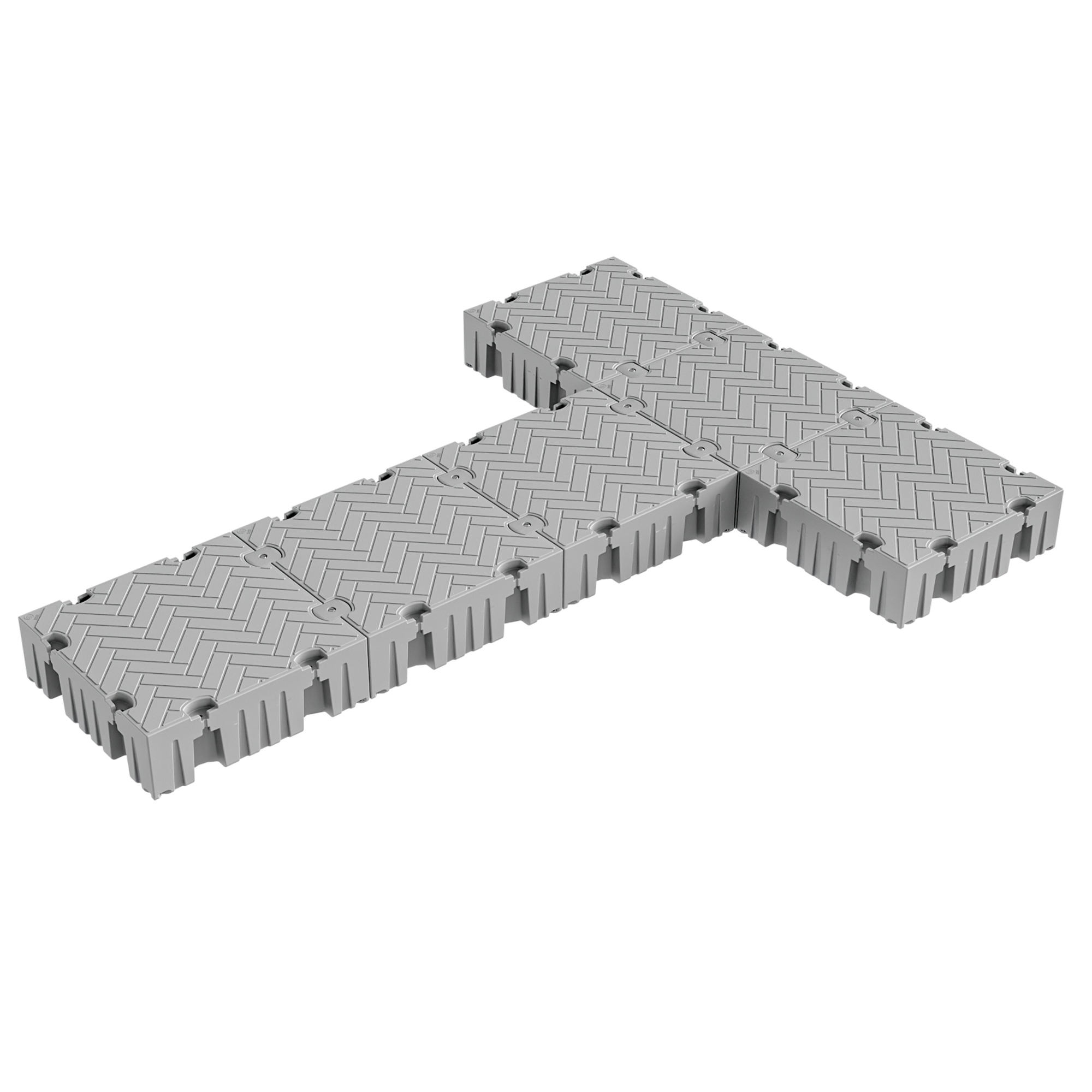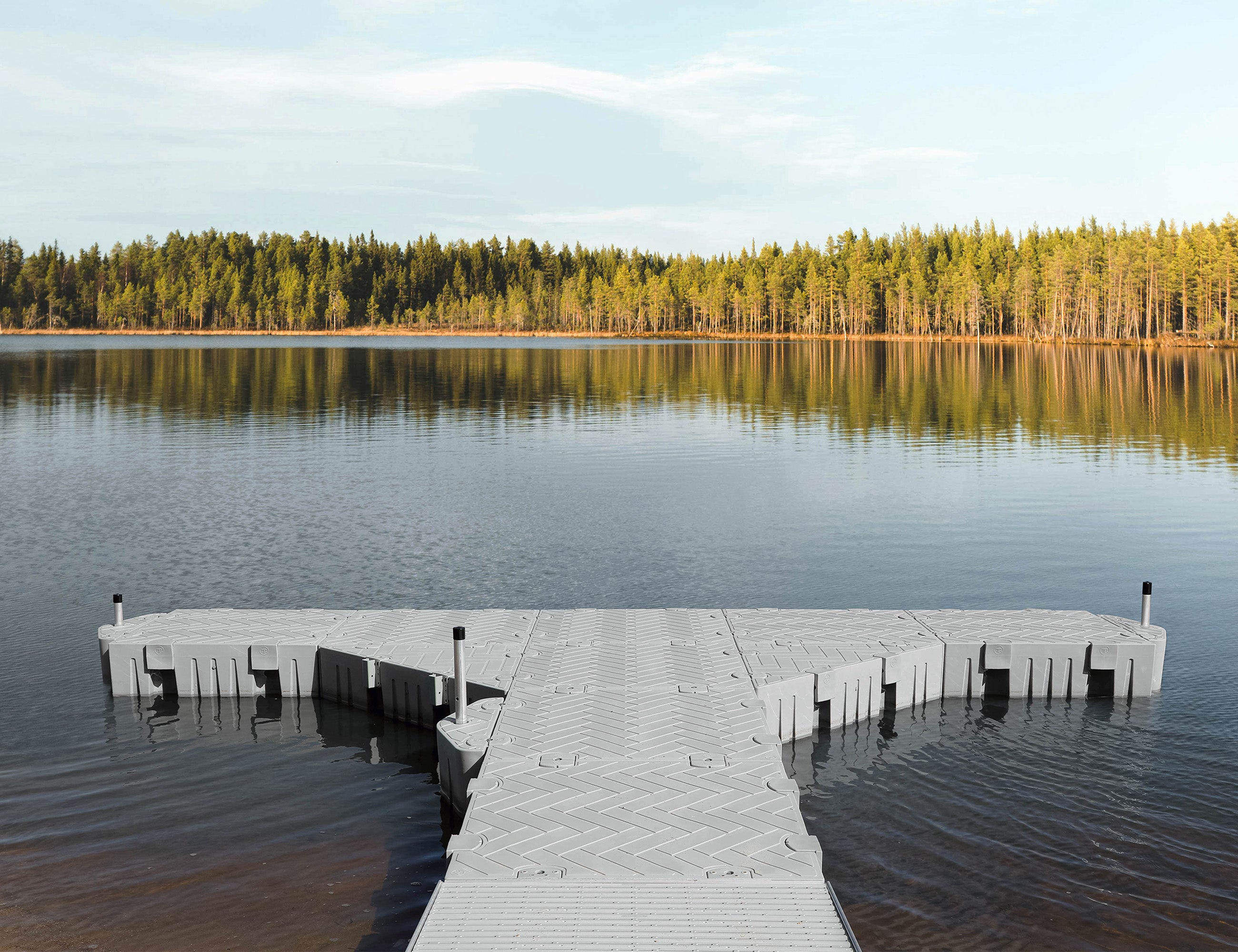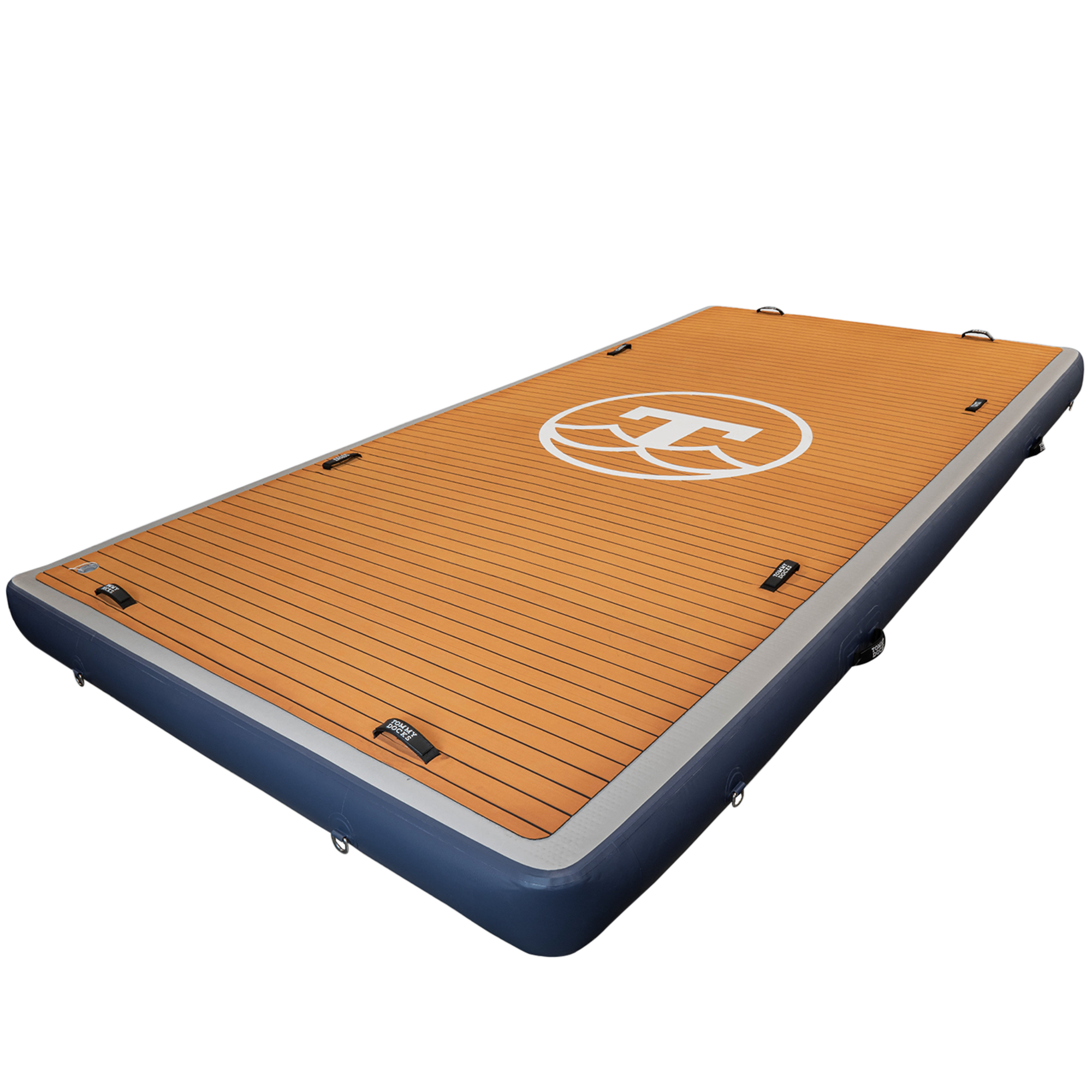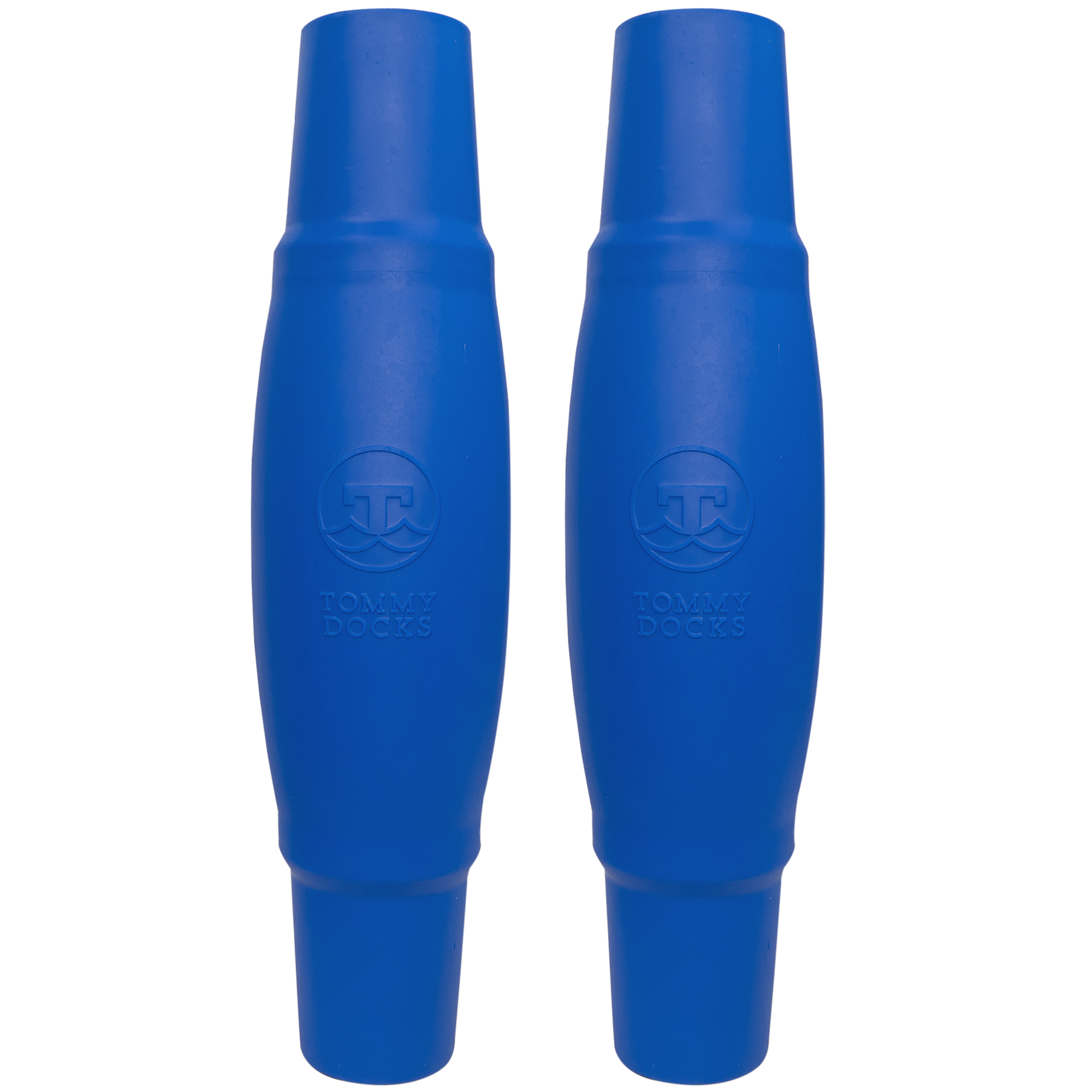Which Are Better: Stationary Docks or Floating Docks?
A quality dock makes all the difference in your boating experience. The trouble is deciding what kind of dock you want to build on your property. Stationary docks vs. floating docks are distinctly different, each with pros and cons.
To help you decide what dock style is best for your waterfront property, we’ve compiled a comprehensive overview of both stationary and floating docks, so you’re equipped to make the right decision.
Factors to Consider When Choosing Between a Stationary Dock and a Floating Dock
Don’t expect us just to come out and say exactly what you should do when designing your dock. Everyone’s situation is different.
Instead, here are some crucial factors to consider when deciding between a stationary dock and a floating dock.
The Changes in Water Level
If the body of water you plan on using your boat on frequently changes depth, a floating dock or a stationary dock may be better.
How could both be better? Consider this: if the water is very shallow and frequently becomes shallower with weather patterns, a floating dock could drag on the ground below it, essentially damaging the dock.
On the other hand, if you build a stationary dock in an area with very deep water that often rises, it could end up below the water level, making use impossible.
The solution? Floating docks are ideal for deeper water levels, while stationary docks do best in shallower water.
What Docks are Easiest to Maintain?
Regular maintenance is essential to the longevity of your dock. Some materials will naturally last longer than others.
Wood docks, whether stationary or floating, need to be washed regularly and require sealant. Metal docks should be periodically lubricated to stop rusting. Plastic docks can crack over time from sun and salt exposure.
Most stationary docks are made of wood, while floating docks are made of plastic or aluminum.
All docks need regular maintenance, but those made of plastic or aluminum will last much longer than wood.
Ultimately, the answer lies not in whether or not a dock floats but in what materials it is made of will determine how much maintenance is needed.
When properly cared for, both floating docks and stationary docks can last between 20 to 30 years or longer.
Which Dock Has the Best Price?
Floating docks are more economical and easier to install and disassemble than stationary docks. You can even find a variety of dock kits available to assemble the floating dock yourself.
A stationary dock, on the other hand, requires hiring a professional to drill holes for your dock posts and is more labor-intensive.
Of course, other factors come into play when pricing your dock, including the materials, size, and type of decking.
Stationary Docks vs. Floating Docks: Which is Better?
Each dock type has its advantages. Whether you install a floating or stationary dock depends on the body of water, your budget, and your personal preference regarding maintenance.
Tommy Docks in Westin, Wisconsin, has covered you no matter your choice. We offer complete DIY stationary dock kits and dock floats for floating docks. Are you still trying to figure out where to get started? Contact us today for more information!






